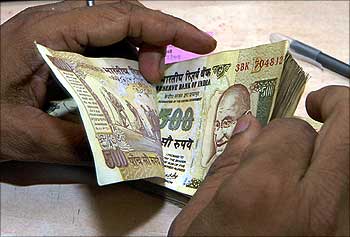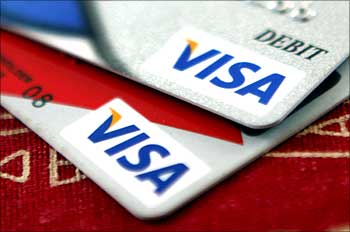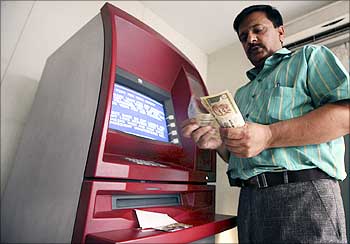
If anyone would have asked me 10 years back to transfer even Rs100 online, I would have refused. I did not trust the bank site enough to risk even this amount of money. More than the money, I was concerned about my credentials being stolen!
I started using an online bank account about 4 years back. Though online money transfer was not so popular at that time, I used the online mechanism primarily for checking my bank and credit card balances online. I still paid my credit card bills via cheques (dropped at a drop box near an ATM); I even stood many times in long lines to pay the bill by cash.
Those were the days I must say! Once online money transfers became a reality and banks started offering those features, I started making all kinds of payments online! So, the question is: Was it only the technology that was a hindrance or it was our mindset too that prevented us from embracing online transfers in a larger scale earlier?
The latest survey done by MasterCard shows that almost 30 per cent of the Internet users in India make online purchases regularly, this proving that India is one of the most promising markets in the world as far as consumer transactions online (only next to Australia and China in Asia-Pacific) is concerned. Be it online money transfers or your telephone, credit card, electricity, water bill payments; people are moving towards a paper-free world.
If you are someone who still uses cheques for all such payments and is actually scared of online accounts and online transfers then I have a few questions for you.
The author is co-founder and director of Bangalore-based Perfios Software Solutions Private Limited. www.perfios.com is a personal finance software solution that provides a 360-degree view of your personal finance, with very little manual intervention.

Do you have a personal e-mail id where you receive all your personal mails including mails from your financial institutions?
Do you feel storing all such e-mails (or their attachments) in a safe location on your computer is too much of a hassle and you feel it's safer to have them in your password protected Inbox?
If your answers are YES to these questions, then you are READY for having an online bank account and you SHOULD be doing online transactions/bill payments etc. If you were aware of the points given below then one would wonder why you couldn't trust your own bank?

Let me take you through some comforting facts about how your online bank account is much safer than you previously thought it to be:
On online theft:
On online safety and security:
So it is a good idea for you to leave behind all your apprehensions and start using your online accounts. Looking at the brighter side, you save a lot of time by transacting online and time, you know, is money. Also, you will not have to burn petrol to drop your electricity and telephone cheques; you would be able to do it with just a few clicks and do your bit to go green and save the planet!